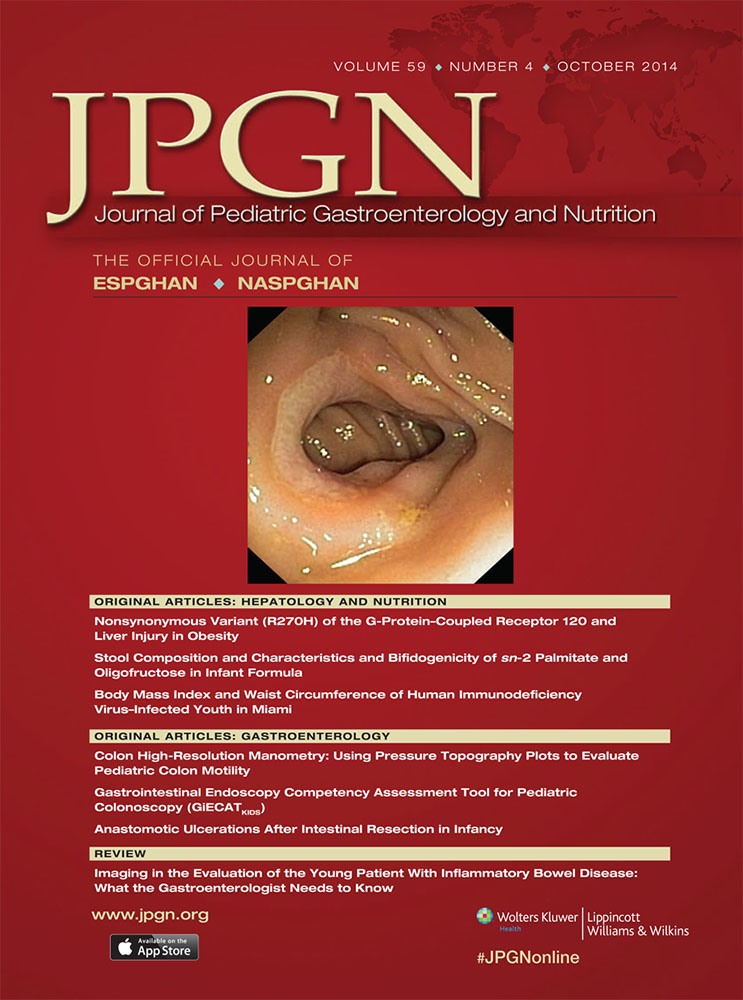Thiopurine Metabolite Ratios for Monitoring Therapy in Pediatric Crohn Disease
E.G.S. is the recipient of a Canada Research Chair in Immune-Mediated Bowel Disorders and the Bruce Kaufman Chair in IBD at McGill. U.K. received the McGill IBD fellowship, supported by Janssen Inc. D.A. is the recipient of the senior researcher award from the Fonds de la Recherché en Santé du Québec (FRSQ).
The authors report no conflicts of interest.
ABSTRACT
Objectives:
Thiopurines (azathioprine, 6-mercaptopurine) are a mainstay of treatment in Crohn disease (CD). Monitoring intracellular metabolite (6-thioguanine nucleotides [6-TGN] and 6-methylmercaptopurine [6-MMP]) levels can help optimize therapeutic efficacy and minimize potential toxicity. Determination of 6-MMP/6-TGN ratios may provide additional useful information, such as the identification of individuals with excessive thiopurine methyltransferase activity and disadvantageous 6-MMP overproduction. These patients are at increased risk of therapeutic failure and hepatotoxicity. The aim of the study was to evaluate the correlation of 6-MMP/6-TGN ratios with therapeutic efficacy and risk of hepatotoxicity in CD.
Methods:
The present study was a single-center cross-sectional study including pediatric patients with CD studied prospectively with clinical and laboratory assessments along with serial measurements of 6-MMP and 6-TGN. Clinical response was determined using established clinical indices.
Results:
The study included 238 pediatric patients with CD with a total of 1648 evaluation points. The patients were in steroid-free remission at 59.1% of the evaluation points. 6-MMP/6-TGN ratios of 4 to 24 were protective against relapse (odds ratio [OR] 0.52, 95% confidence interval [CI] −0.39 to 0.69, P = 0.001). Hepatotoxicity was associated with high 6-MMP levels (>3919 pmol/8 × 108 red blood cell count: OR 7.65, 95% CI 3.7–15.9, P = 0.001) and high 6-MMP/6-TGN ratios (>24: OR 5.35, 95% CI −3.43 to 8.43, P = 0.001).
Conclusions:
We observed significant associations between 6-MMP/6-TGN ratios and clinical response, and risk of hepatotoxicity. Our results suggest that determination of thiopurine metabolite ratios is a valuable tool for identification of patients at increased risk of therapeutic failure and hepatotoxicity.




